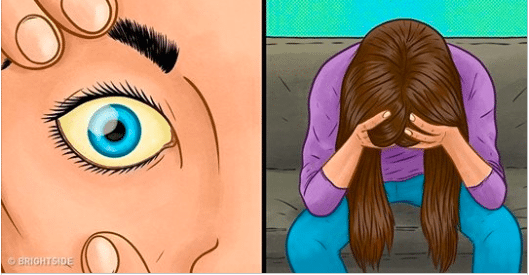Our body reacts severely when there’s an excess or deficiency of any nutrient. Vitamin B12 is the necessary vitamin for carrying out several body functions. And it’s deficiency is also one of the most common nutritional deficiencies. Two main reasons for this condition are the practices often undertaken to improve health: a strict vegetarian diet and weight-loss surgery. Many people just ignore it’s symptoms that can be fatal later. So it’s always better to know things beforehand.
1. Weakness, lightheadedness and fatigue
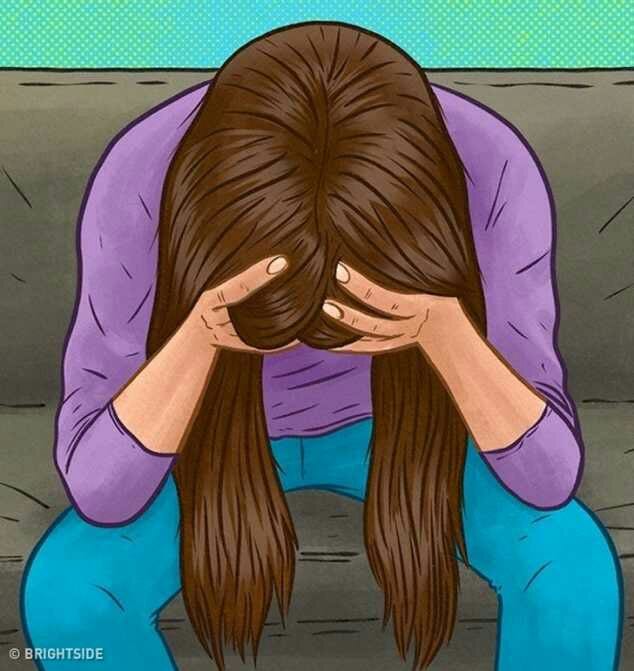
When you’re suffering from vitamin B12 deficiency , the RBC in your body significantly decreases and hence your body suffers from lack of oxygen. That’s why you may feel sleepy, tired, exhausted and light headed. Do not confuse these symptoms to be due to a busy schedule.
2. Shortness of breath
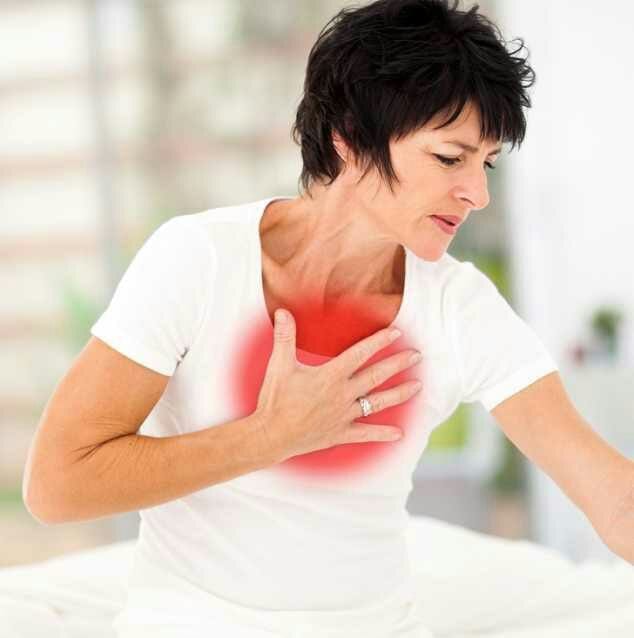
Due to decrease in the RBC count, it becomes difficult for a person to breathe as the oxygen carried decreases simultaneously. Deficiencies in the vitamin can diminish oxygen flow to your tissues causing anemia that leads to shortness of breath and weakness.
3. Nerve damage and a sensation of pins and needles
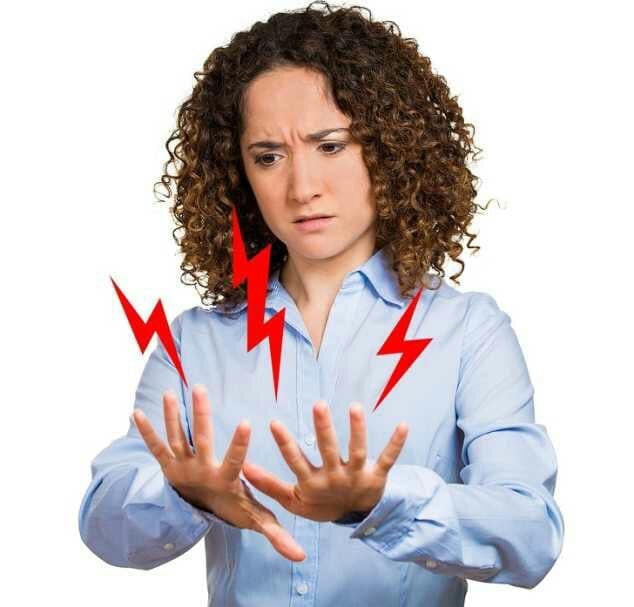
When you suffer from severe vitamin B12 deficiency, you can feel a pin and needle sensation in your hands and feet. Ignoring it will make it permanent causing paresthesia. It is is necessary for the formation of myelin, a white sheath around nerve fibers that increases the speed at which impulses are conducted.Vitamin B12 deficiency can result in degeneration of the spinal cord, optic nerves, cerebral tissue, and peripheral nerves.Without B12 protection, the nerves of the spinal cord can decay and you’ll feel wobbly.
4. Pale or jaundiced skin
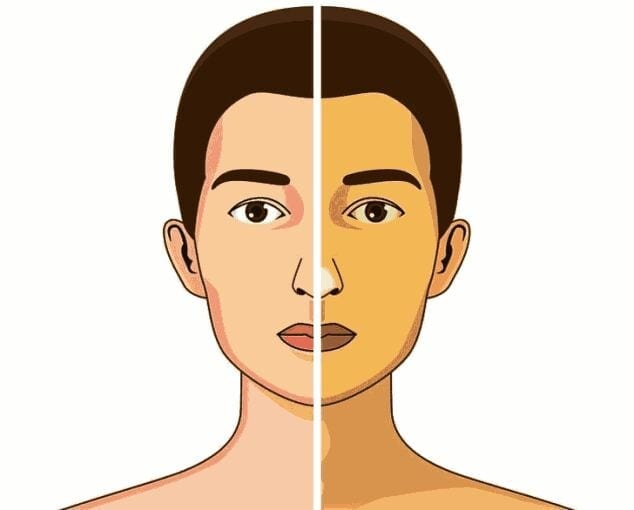
This is another physical indication of B12 deficiency. Their is a scientific reason behind it that you can very well understand. Production of red blood cells is dependent on vitamin B12. The improper production of red blood cells causes an anemic condition called megaloblastic anemia. With this condition, the red blood cells are large, fragile, and are unable to divide. They are too large to pass out of your bone marrow and into your blood circulation. Therefore,you don’t have as many red blood cells circulating around your body and your skin can appear pale in color. The yellowish tinge in your skin is due to the pigment bilirubin which is produced when the liver breaks down RBC.
5. Swollen inflamed tongue

A deficiency in vitamin B12 is shown by a beefy, red and smooth tongue. Due to the same reason, DNA synthesis becomes impaired and epithelial cells of the mouth begin to divide rapidly and cause glossitis ,angular cheilitis, recurrent oral ulcers, and oral candidiasis. It may come and go or worsen. If you face such symptoms, you should enrich your diet with more animal products like meat, poultry, fish, clams, oysters, eggs, or cereal fortified with B12.
6. Constipation, loss of appetite and gas

Low levels of the vitamin affect the normal functioning of the gastrointestinal tract. B12 deficiency can cause chronic constipation, upset stomach, gas, diarrhea, and loss of appetite. If your body lacks the intrinsic factor that’s secreted by the stomach that is necessary for absorption of vitamin B12, then the only thing you can do is to take vitamin B12 injections as your body will be unable to absorb vitamin B12.
7. Vision loss

Vitamin B12 plays an important role in the nervous system. A deficit in it’s amount will cause optic neuropathy and decreased vision. Vision loss may be diagnosed among people suffering from malnutrition or who do not consume any animal products. The combination of Vitamin E, DHA, and Vitamin B12, improved visual fields and retinal sensitivity among patients with glaucoma. In general, long-term intake of B12 supplements lowers the risk of cloudy and decreased visual acuity.
8. Depression and behavioural changes

A lack in vitamin B12 has a strong impact on serotonin production that regulates your mood. In majority of cases, vitamin B12 supplements help a lot for a person to recover from depression and to improve the mood.
9. Weakened bones
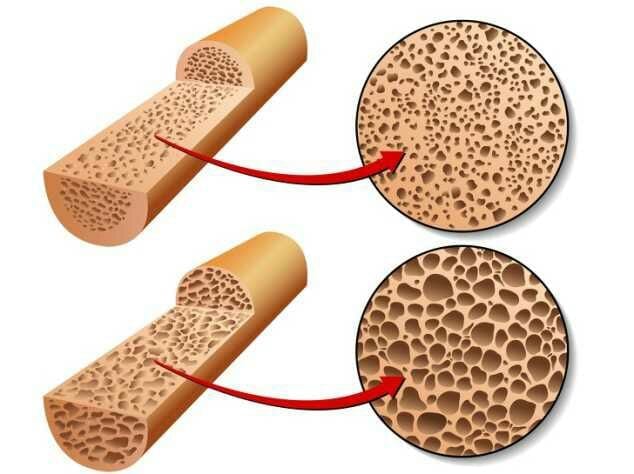
Vitamins B12 has an essential role in formation of osteoblasts. A deficiency in this vitamin can cause osteoporosis that’s characterized by fragile, weak, or brittle bones as a result of tissue loss. This can cause a decrease in bone density leading to falls, bone fractures, and breaks. The elderly are at greater risk than anybody else, that’s why having regular blood tests is a must for them.
10. Subtle symptoms among the elderly

There are only a fraction of people of age over 60 that have a severe deficiency of vitamin B12. Surprisingly, many elderly people usually don’t have the main symptoms of B12 deficiency or they reveal themselves in a subtle manner. The ability to absorb protein-bound vitamin B12 can decrease with age.
Do not delay the treatment as it can become irreversible in a matter of time. All you need is a blood test to know whether you’ve this deficiency or not. And then you need to have a proper diet with vitamin B12 supplements.
Bonus:- Are you at risk?
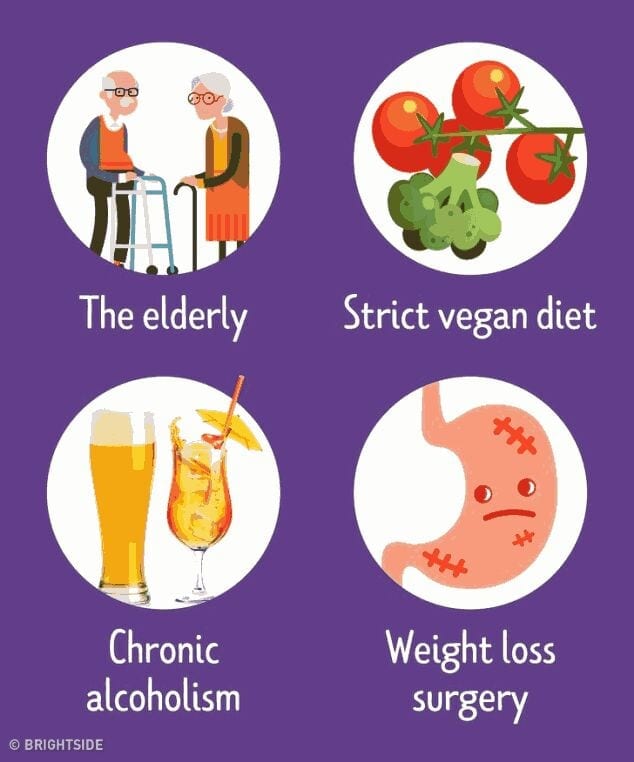
Most of the vitamin B12 comes from animal product. This implies that the vegans are at high risk. Inflammatory bowel disease and celiac disease, weight loss surgery, and chronic alcoholism can all obstruct a person’s ability to absorb the nutrients they need. The elderly have more problems with nutrient absorption as well.
So the best way out is to keep an eye if you have any such symptoms and see your doctor if you find out that you’re suffering from vitamin B12 deficiency.

